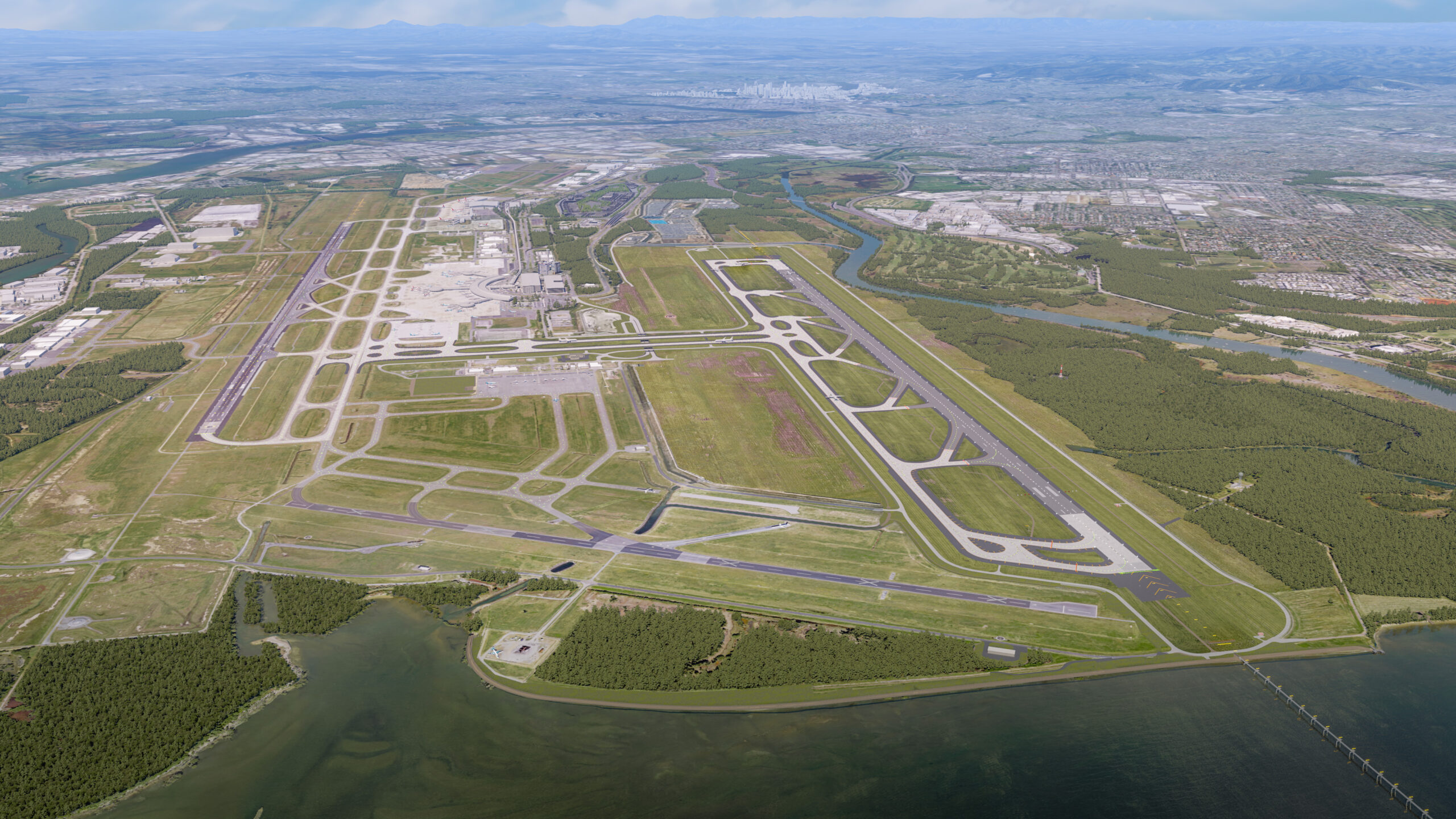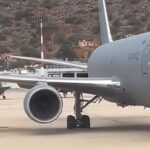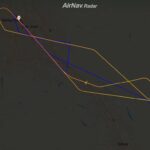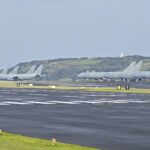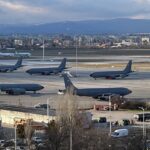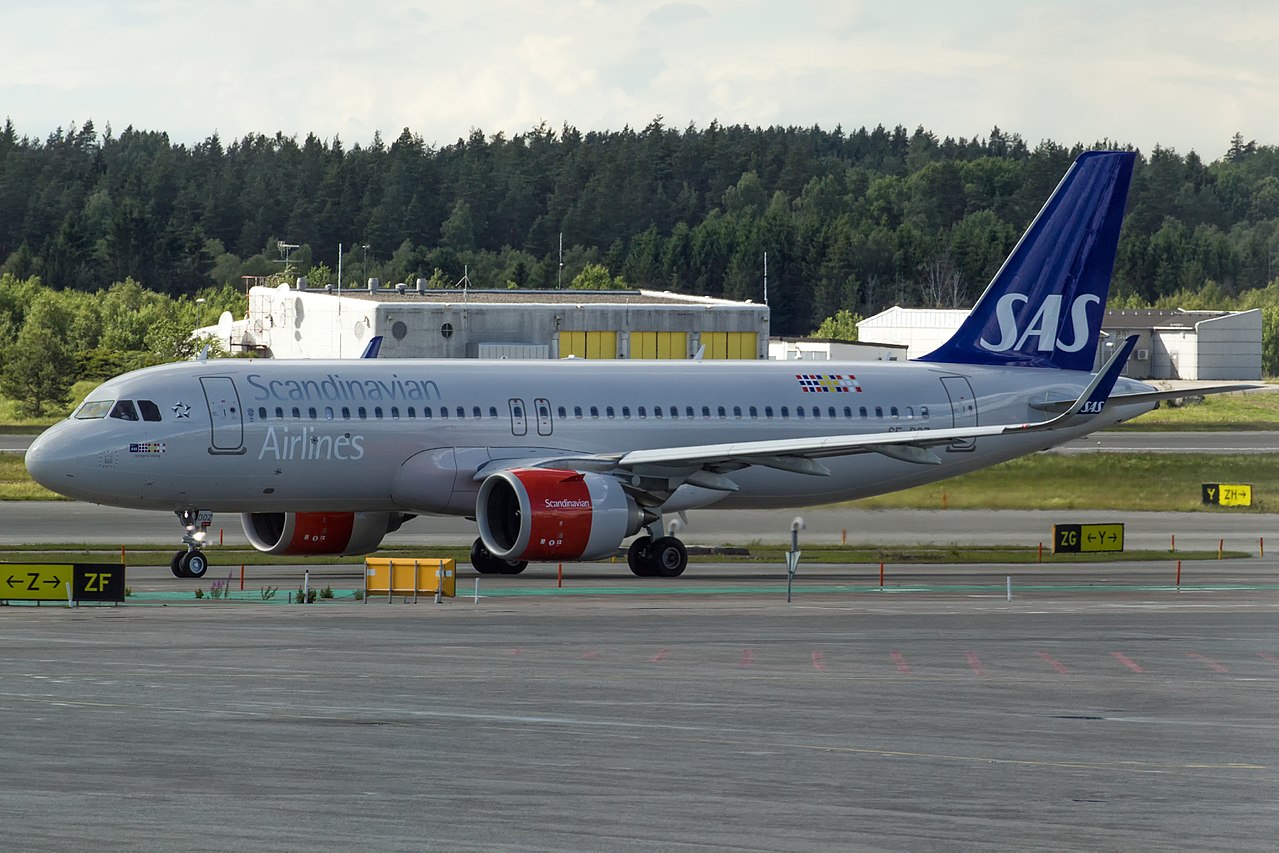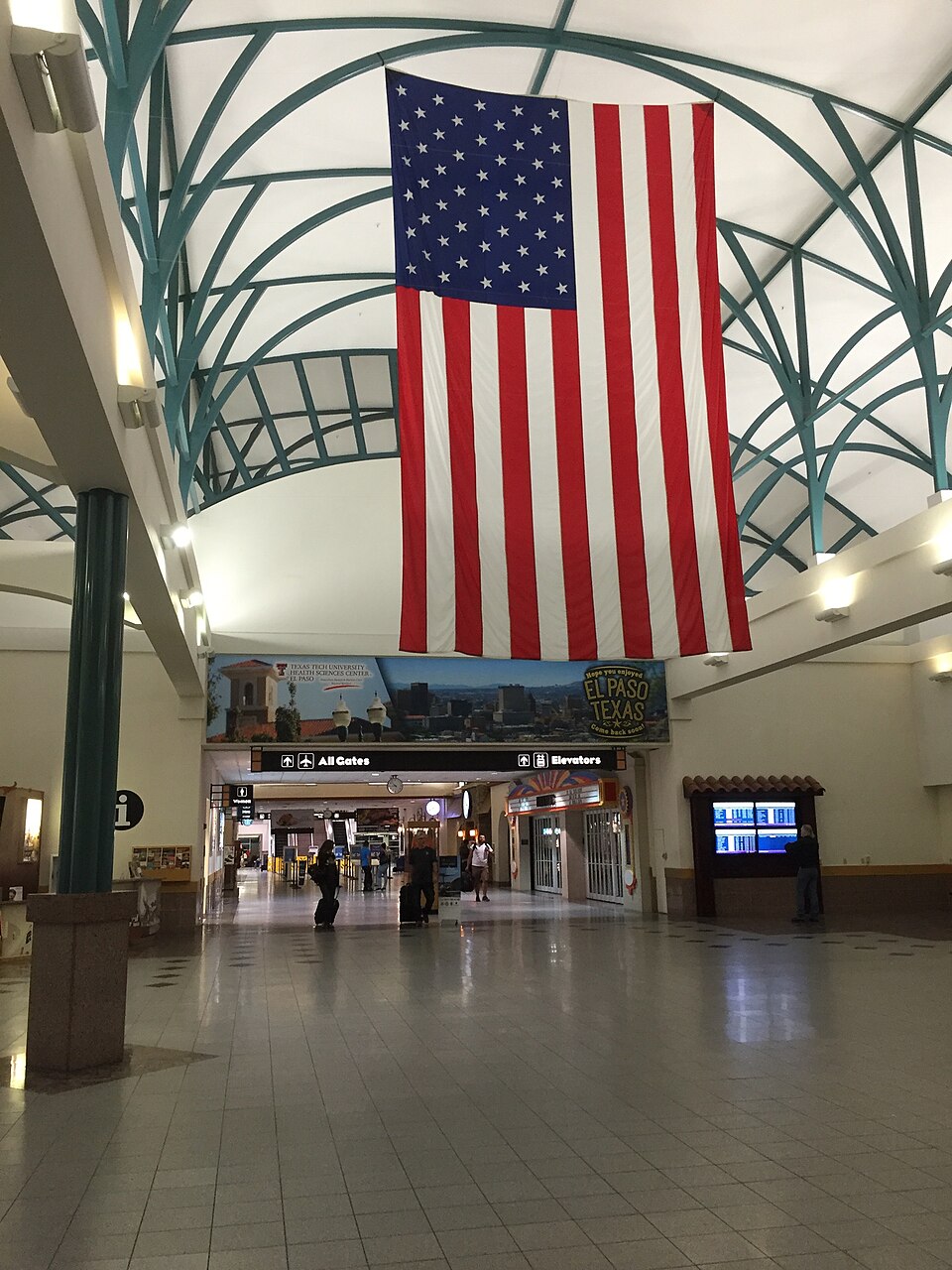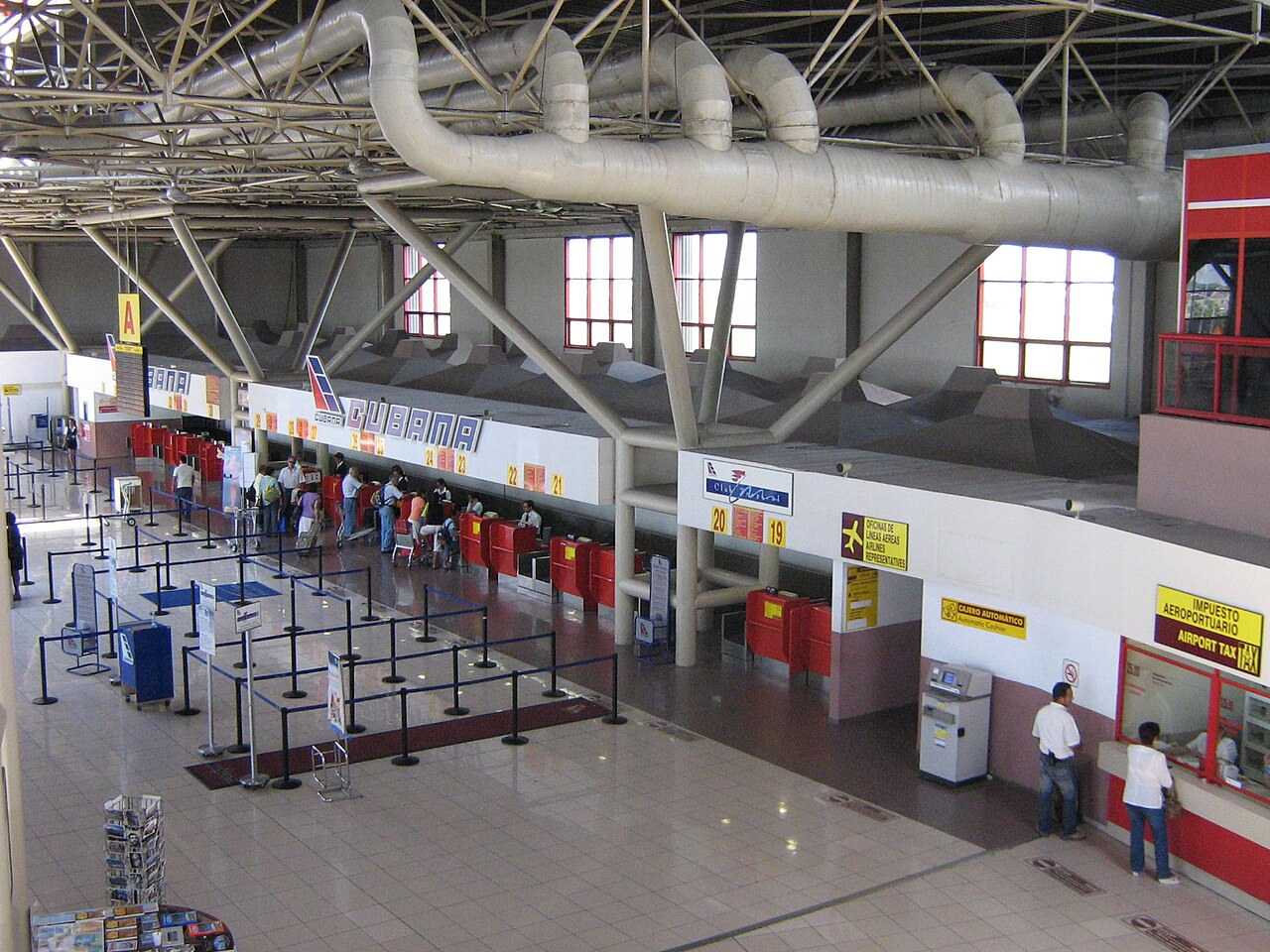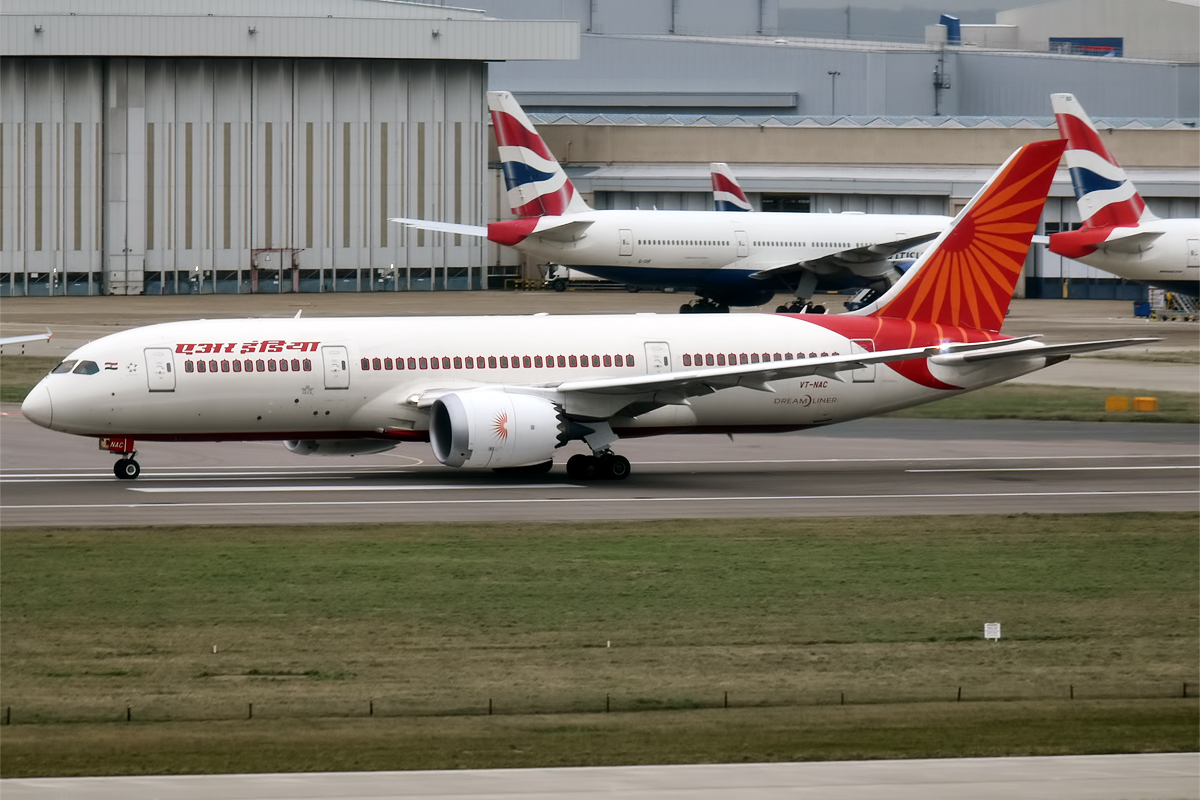Australia’s National Cabinet – consisting of the Prime Minister and all State and Territory leaders – today announced some changes to coronavirus restrictions and flights.
From next week all passengers on all international flights to and from Australia, and all domestic flights will be required to wear masks while in their departure airport, during their flight, up until they have have left their destination airport.
National Cabinet also announced a halving of repatriation arrivals into the States of New South Wales (NSW), Western Australia (WA), and Queensland (Qld) until mid-February. All passengers must also test negative before departure to Australia and must also be tested again on arrival. Passengers from the UK will require rapid testing of the new UK strain of coronavirus before departure. Airport drivers will also be required to undergo daily testing.
Travel expert Craig Fyfe told ABC News Australia that the moves will cause an increase in international fares for Australians attempting to travel home. ABC notes a Qatar London-Brisbane flight on 14 November only has Business Class seats available and will cost approximately $13000. A flight from LA-Brisbane on United on the same day also only has Business Class available at a cost of $21000.
The moves come after a hotel quarantine worker tested positive for the new UK strain in Brisbane, Qld. As a result the Greater Brisbane region has entered a 3 day hard lockdown. The Commonwealth (Federal) Government and other Australian States have declared the Greater Brisbane region a hotspot.
Australia currently has banned all international departures unless an exemption had been provided by the Department of Home Affairs. All international arrivals have also been banned except for citizens and permanent residents returning. Those arriving must also serve compulsory 14 day hotel quarantine and testing at their own expense. The same provisions can also apply domestically. A safe travel bubble has been created with New Zealand.
Australian states are responsible for restrictions they impose to try and combat the pandemic, with a baseline provided by National Cabinet. The restrictions include, but are not limited to mandatory contact tracing QR code tracking on entry of businesses, restrictions on the number of people permitted at gatherings, events, and households, limits on the number of people allowed in buildings based on square meterage, limits of attendees at weddings and funerals, border passes to move between states, and social distancing of 1.5 metres (5 feet). The measures are backed up with fines for individuals and companies for non-compliance.
Australia’s current official travel advice for every country is:
“Do Not Travel. If you’re already in this location, consider leaving. If you do travel, get professional security advice. Your travel insurance policy might be void. The Australian Government may not be able to help you.
“At level 4, your health and safety is at extreme risk. This may be because of a high threat of terrorist attack, conflict, violent social unrest, widespread infectious disease or critical levels of violent crime. It could be a combination of risks.
“If you travel to this location you’re at a high risk of death, imprisonment, kidnapping or serious injury.
“During the COVID-19 pandemic, the risks include getting infected with COVID-19 and significant travel and movement restrictions.
“If you get into trouble, the Australian Government may be unable to help. In most cases, our ability to provide consular assistance in these destinations is extremely limited.
“Any travel by Australian officials to ‘Do not travel’ locations is subject to high-level approval and is based on a rigorous risk assessment.
“You should not travel to this location. If you’re already in a ‘Do not travel’ area, consider leaving. If, despite our advice, you decide to travel to a location with a travel advice level of 4, it’s your responsibility to follow all the advice for levels 1, 2 and 3, as well as the following.
“Before you go
- Check your travel insurance. Most standard policies won’t cover you for ‘Do not travel’ destinations.
- Consider your security. Get independent, professional security advice. You may need to hire personal protection.
- Have robust risk management measures in place. This includes a detailed emergency management plan.
- Understand that you could die. Make sure you have an up-to-date will, an enduring power of attorney. Designate appropriate insurance beneficiaries.
It’s your responsibility to take care of your security. The Australian Government can’t provide security assistance or advice.
“While you’re away
- Exercise extreme caution.
- Follow the advice of your personal protection service.
“If you die overseas in a ‘do not travel’ destination, it’s unlikely your travel insurance will cover you. Your family will be left to deal with your death. This includes organising your funeral and bringing back your remains. They may also have to resolve legal or financial issues in the destination, and in Australia.”
